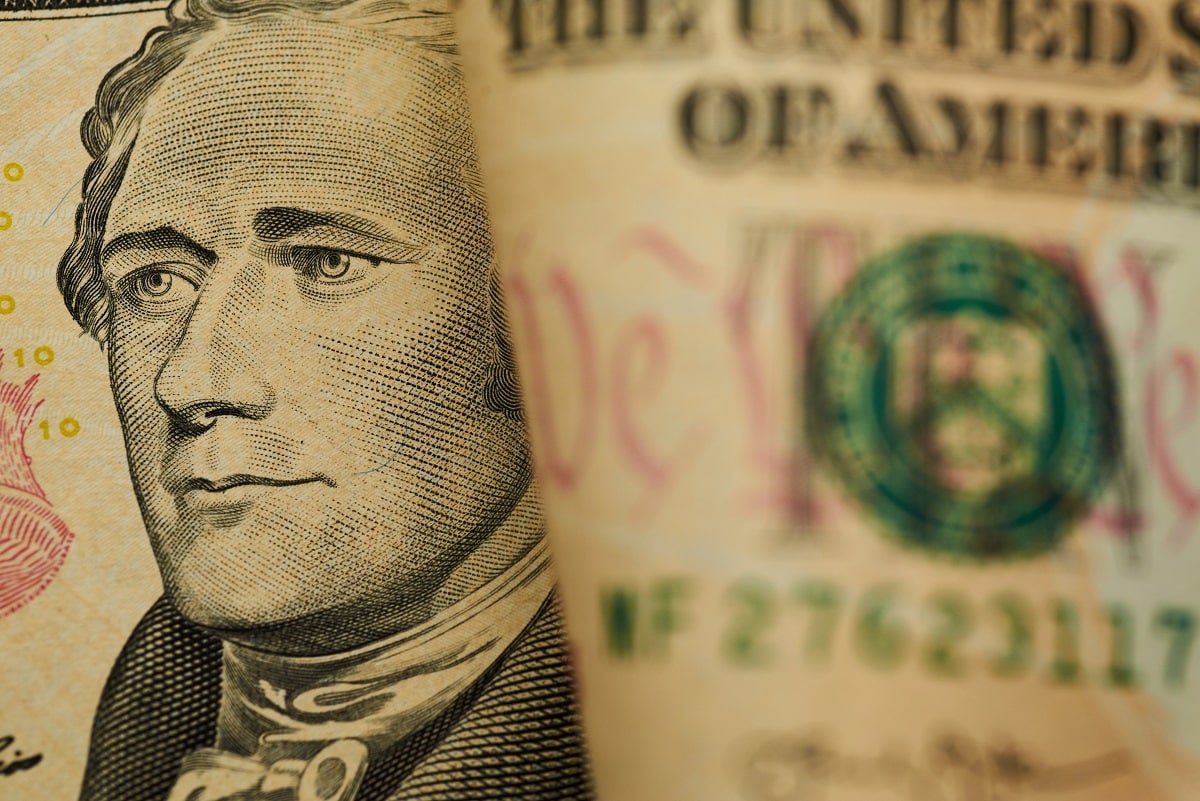Herbert Hoover famously said that “blessed are the young for they shall inherit the national debt”. However, it is doubtful that even in his darkest moments, he would have imagined that the US public debt would reach the lofty heights that it has reached today. Nor could he have imagined that there would still be no serious constituency on either side of the political aisle to address the country’s large budget deficit and dangerous public debt trajectory.
It is against this background that one should welcome the Fitch rating agency’s decision to be the second rating agency, after Standard and Poor’s, to strip the United States of its coveted AAA credit rating. Hopefully that might serve as a wake-up call to our political class to get serious about addressing the country’s chronic budget deficit with a view to getting the country’s debt back on to a sustainable path.
The non-partisan Congressional Budget Office (CBO) provides us with a good picture of the dismal state of our public finances. According to their most recent estimates, our public debt presently stands at close to 100 percent of GDP. That is a level similar to that reached in the immediate aftermath of the second world war. However, given the country’s aging population and rising interest rates, there is little prospect that we can somehow grow our way out of our debt problem like we did in the 1950s.
As if to underline this point, the CBO estimates that on present policies, the country’s debt as a share of GDP will rise to around 120 percent by 2033 and to 170 percent by 2050. Those are levels that are more reminiscent of a country like Greece than one that is wanting to remain the world’s leading economy and to maintain the dollar as the world’s dominant international reserve currency.
In citing the reasons for its decision to downgrade the US rating, Fitch pointed to the deterioration of US economic governance over the past twenty years. While to be sure, Fitch’s assessment will be disputed, especially by the Biden Administration, there would seem to be much substance in Fitch’s view.
The sad truth of the matter is that both political parties have become fiscally irresponsible though in different ways. The Republicans when in office are ever so keen to cut taxes but are loath to reduce public spending to finance the tax cuts. By contrast, the Democrats when in office are ever so keen to increase public spending but are loath to raise taxes to pay for their spending largesse. Meanwhile the nation’s debt keeps growing.
Judging by the excessive budget stimulus policy response to the 2020 Covid-induced recession, our public finance matters seem to be going from bad to worse. Indeed, the total amount of government money thrown at the Covid problem amounted to close to a staggering $5 trillion, or some 20 percent of GDP. Little wonder then that former Treasury Secretary Larry Summers characterized this response as the least responsible fiscal policy in the past forty years. Little wonder too that inflation surged to a multi-decade high of 9 percent by June 2022.
Although the United States is already heavily indebted to foreigners, including most notably China, it is fortunate in that it borrows in its own currency. As such, it is highly improbable that it will ever default on its debt since the Federal Reserve can always print the dollars to pay the foreigners. However, before we take too much comfort in that fact, we should spare a thought to what massive Fed money printing would do to the dollar and to inflation.
Let us hope that Washington pays heed to Fitch’s timely wake-up call before the dollar tanks and inflation takes off again. However, in Washington’s currently polarized state, I do not recommend that you hold your breath for that to happen anytime soon.
Author Expertise
Desmond Lachman is a senior fellow at the American Enterprise Institute. He was a deputy director in the International Monetary Fund’s Policy Development and Review Department and the chief emerging market economic strategist at Salomon Smith Barney.

